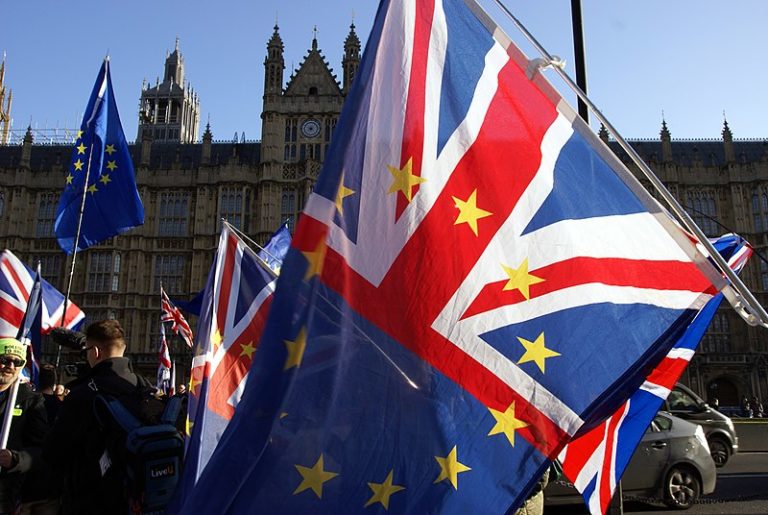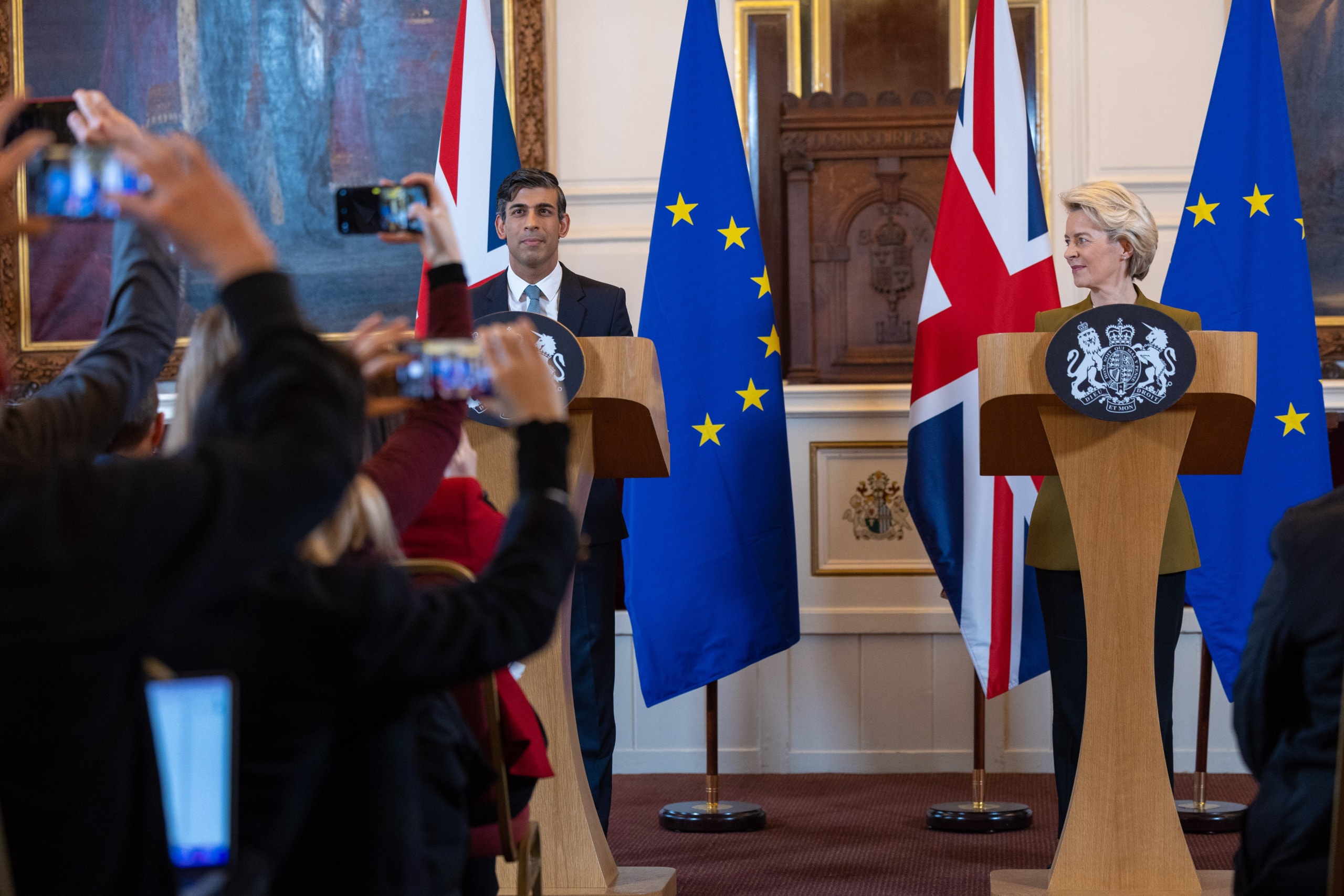As the COVID-19 escalates across the globe, uncertainties remain as to how the financial services industry in the U.K. will endure the pandemic which struck Britain amid the Brexit transition period when crucial regulatory negotiations are underway between Britain and the EU.
London is indisputably recognized as Europe’s leading financial services center, in which the financial services sector remains the backbone of Britain’s globalized economy and supports a substantial amount of employees. Before Brexit, London was viewed as the default option when financial institutions set up their European headquarters largely on financial grounds of free access to EU markets. Brexit in the shadow of the coronavirus poses challenges to Britain to allocate financial resources domestically while staying financially relevant to the rest of the world.
Amid the growing coronavirus pandemic, questions arise as to whether Britain will seek an extension of the Brexit transition period, which would provide both Britain and the EU with increased flexibility to reach agreements in the financial services sector. Several MEPs have urged the U.K. to relinquish the ambitious plan to stick to the current Brexit schedule.

Christophe Hansen, an MEP from Luxembourg and negotiator on the parliament’s international trade committee, told the BBC: “I can only hope that common sense and substance will prevail over ideology. An extension of the transition period is the only responsible thing to do.”
David McAlister, the chair of the European parliament’s EU-UK coordination committee, said: “The coronavirus pandemic complicates the already very ambitious schedule. The EU has always been open to extending the transition period – the ball is now clearly in the British court.”
In spite of efforts to appeal for an extended transition period, Prime Minister Borris Johnson insisted that there will be no extension to the Brexit transition period despite the disruption caused by the coronavirus.
The coronavirus has halted negotiations and infected lead negotiators. The two sides are struggling to find a way to maintain dialogue as planned negotiating rounds have been abandoned due to the pandemic. During a European commission briefing, envoys for the EU capitals were told that holding negotiations via video-conferencing had so far proved impossible. British officials say they continue to explore video-conferencing, despite the reality suggesting it would not be a reliable substitute. Negotiations may cover about 10 different themes, with at least 10 to 20 people taking part in one thematic topic for each side, which would make it complicated to organize the meetings.
The pressing Brexit timetable would increase doubts for negotiators impacted by the coronavirus. The EU’s chief negotiator, Michel Barnier, is in quarantine having been infected with the coronavirus. The UK’s chief negotiator, David Frost, just got out of self-isolation after showing symptoms of COVID-19.
The transition period of Brexit aims to provide Britain and the EU with breathing space to process negotiations and forge a tenable post-Brexit relationship while maintaining existing financial arrangements. The current Brexit schedule would affect not only negotiators but also institutions and individuals in the financial services industry in Britain amid the coronavirus crisis.
Before Brexit, financial firms in Britain relied on “passporting” to conduct business in EU member countries, a privilege that shields them from regulatory pressure and provides high degree of access to the markets in the rest of the EU. According to The Financial Times, more than 8,000 financial services companies based in the EU or the European Economic Area rely on single-market passports to conduct business in Britain.
Related Articles: Coronavirus and the Rise of China | Coronavirus Harms Economies Worldwide
“Passporting” will remain effective until the status-quo transition period ends on Dec. 31, 2020, and will be replaced by an equivalence regime, which would grant Britain market access in the EU under the condition that its regulation aligns closely with the EU’s rules. Financial services companies primarily relying on passporting to conduct business in the EU would now have to adjust to the new financial arrangements among other uncertainties amid the coronavirus, and be ready to tackle possible crisis management challenges.
According to the agreements reached by Britain and the EU in January, 40 equivalence areas are scheduled to be assessed by both sides by the end of June, with the aim of reaching an agreement on equivalence by the end of the transition period. It has been estimated that the peak of coronavirus cases in Britain would be in May or June, which would overlap with critical deadlines to complete assessments and to request a final extension for the transition period. Given the range of equivalence areas and the tight schedule, Britain would face marked challenges of balancing between Brexit preparations and coronavirus resilience.
Despite the disruption of the coronavirus, London’s status as the leading global financial center should endure Brexit in the foreseeable future. However, the ramification of Brexit for the financial services sector in Britain remains uncertain as a delicate post-Brexit relationship evolves along with the soaring number of victims amid the pandemic. Prime Minister Boris Johnson, having been tested positive for the coronavirus on March 26, was admitted to St Thomas’ Hospital yesterday for precautionary reasons while continuing to work.















